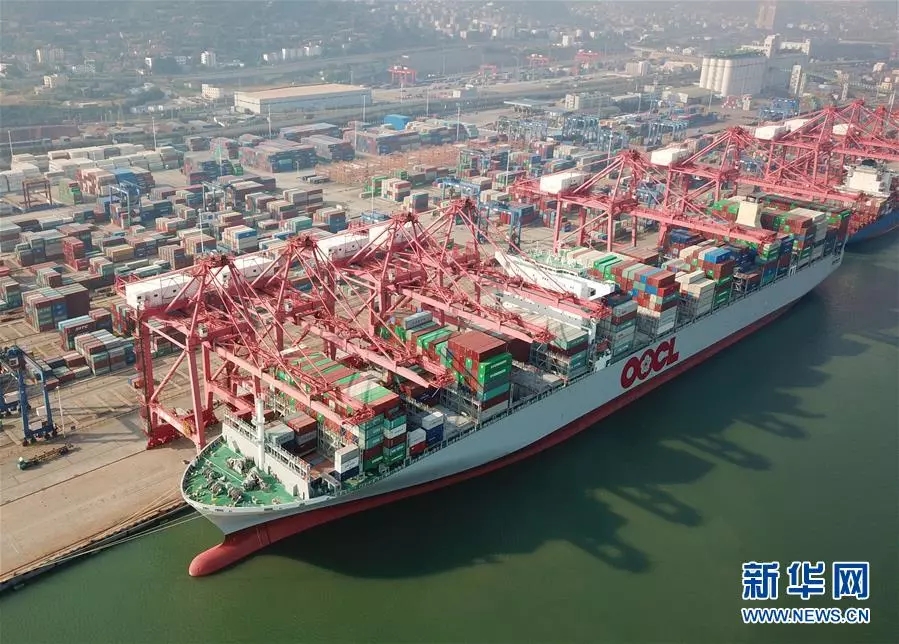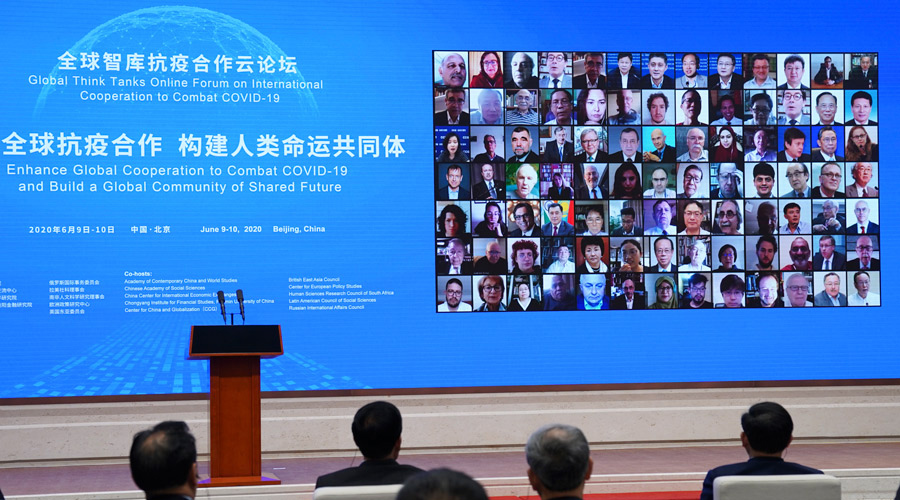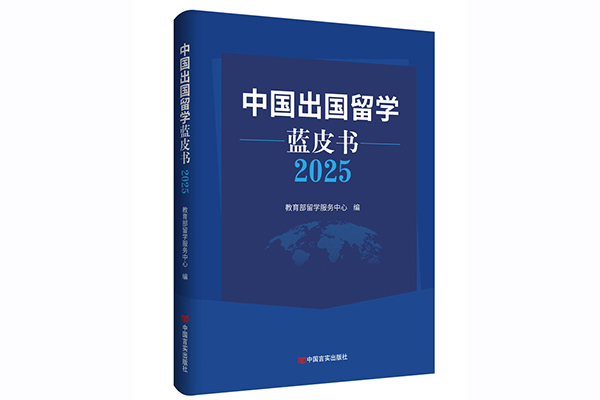He Weiwen: China’s tariff cuts contrast with U.S.’s tariff hikes

By He Weiwen, a senior research fellow at the Center for China and Globalization(CCG).
Amid ongoing trade war with the U.S., China is cutting import tariffs on nearly 1,600 items starting November 1. They account for 19 percent of the total number of Chinese taxed products, cutting down the average tax rate from 10.5 percent to 7.8 percent.
The move comes after the Chinese government offered zero tariffs on an array of imported medicines starting May 1 and tariff cuts on consumer goods, vehicles and auto parts starting July 1. After the latest round of tax adjustment, China’s overall tariff rate will stay at 7.5 percent, down from 9.8 percent last year and lower than that of most developing countries.
The trade-weighted average tariff rate will be 3.7 percent, marginally higher than Japan (2.1 percent), the U.S. (2.4 percent) and the EU (3.0 percent), but slightly lower than Australia (4.0 percent).
In the midst of China’s tax-cutting efforts, the China International Import Expo (CIIE), the world’s first import-themed national-level expo, will be held in Shanghai from November 5 to 10. It will be another major move by China to further open up its market to the world.
Is China yielding to the pressure from Donald Trump’s trade war? Absolutely not.
China’s tariff cuts and the CIIE were planned before Trump’s unilateral tariffs on Chinese products. The U.S., given China’s retaliatory duties on 110 billion U.S. dollars of American goods, will be standing at an unfavorable position in exporting to China.
There are three major reasons for China’s tariff cuts and the CIIE.
First, the Chinese economy and people need them. The three rounds of tariff cuts mainly cover pharmaceuticals for people’s health, vehicles and auto parts for people’s auto consumption and the need to upgrade domestic auto-makers, consumer goods for people’s daily necessities, and machinery for China’s high-end manufacturing.
Lower tariffs mean lower costs for both producers and consumers. They also mean intensified competition, propelling domestic manufacturers to advance their core competitiveness.
Second, the world free trade system needs them. The Trump administration is challenging the WTO-represented multilateral free trade mechanism and its unilateral acts are casting a cloud over the prospects of free trade.
China’s latest endeavors are in support of the world free trade mechanism and WTO’s core principles: non-discrimination and free flow of goods among nations.
Third, the world economy needs them. While the world’s GDP growth rate is expected to be 0.2 percent lower than the previous estimate due to Trump’s trade war, China’s massive tariff cuts and the CIIE will provide tremendous market opportunities and thus serve as a fresh impetus to global economic growth.
Every 10 percent of Chinese imports in goods and services will mean an additional 250 billion U.S. dollars in sales in the world market.
Apart from the CIIE and tax-cutting endeavors, China is doing more to uphold globalization and the world multilateral trade mechanism with the WTO at the core.
The country is earnestly working with the EU, Japan, Canada, ASEAN and many other WTO members on WTO reforms to keep abreast with the changing technology and trading environment while adhering to WTO’s core principles of non-discrimination and free flow of goods.
In the meantime, China is unfolding full-fledged infrastructure, trade, investment and financial cooperation with vast numbers of countries along the Belt and Road initiative for an all-inclusive and win-win future, namely, a community of shared destiny for mankind.
Moreover, China is pushing forward talks on various regional trade agreements and free trade agreements (FTA), including China-Japan-South Korea tripartite FTA, Regional Comprehensive Economic Partnership, FTA with Canada and so forth.
It is our firm belief that globalization and free trade will continue to prevail over unilateralism. Counter-globalization is only a temporary current. History has proved repeatedly that no trade policies can alter the economic law of globalization.
China, as a responsible member of the international community, will continue to do its best in the right direction.
From ECNS,2018-10-31





